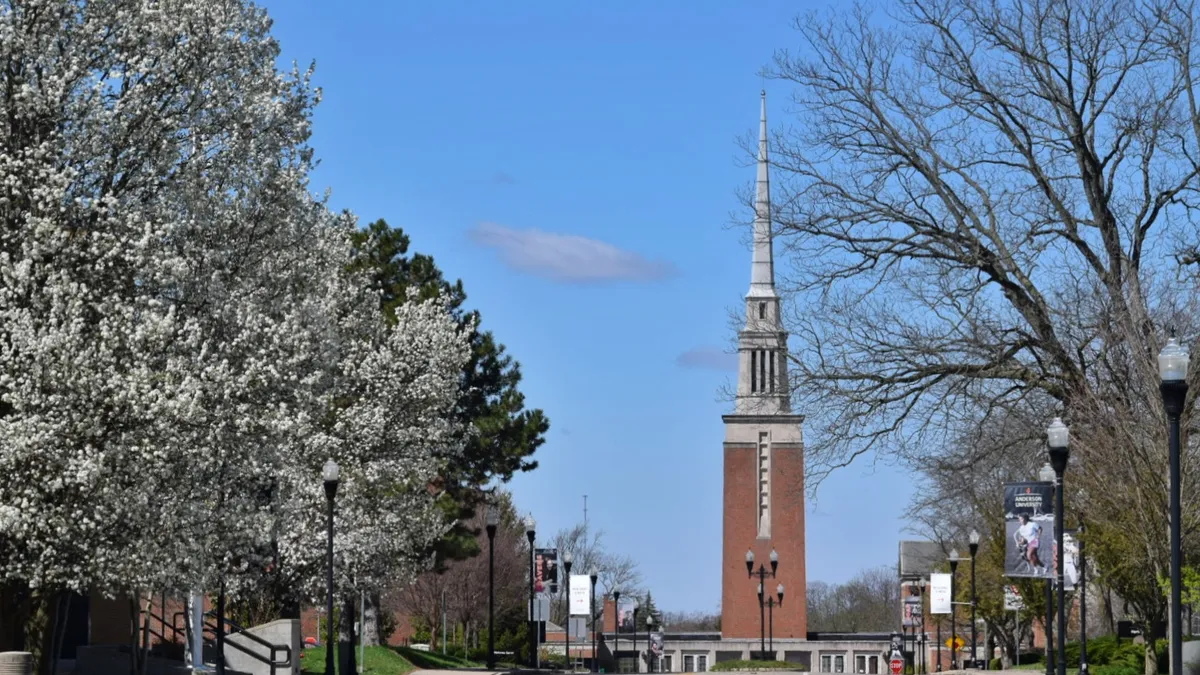Dive Brief:
- Some argue a traditional liberal arts education is outdated and “smaller bites” of learning are preferable, but it is a mistake to discount the benefits of a complete college education, Lebanon Valley College President Lewis E. Thayne writes for the Hechinger Report.
- Thayne argues that five and 10 years after graduation, Lebanon Valley alumni report that their college education prepared them well, and he said critics shouldn’t discount the benefits of co-curricular activities available in a campus setting.
- Thayne writes that colleges should incorporate online learning and small-bite education, but he said only a well-rounded college education could offer that as well as the totality of knowledge and critical thinking inherent in earning a college degree.
Dive Insight:
Proponents of the traditional liberal arts education argue that the well-rounded nature of a major actually can be of use to students who are entering industries and fields where more specific skills apply. It is true that a particularly micro-targeted education of small-bite tutorials and classes may prepare a student for a particular industry or skill, but those students could be in trouble if that industry changes or disappears. Liberal arts proponents say that such an education will allow a student to critically think and adapt so as to not be subservient to the fortunes of wildly-changing industries.
However, online learning is growing at a quick rate, particularly in private institutions, as students seem to find it more conducive to their lives — especially if they return to school later in life. The “nontraditional student,” who may be enrolled part-time, work full-time, a single caregiver, lacking a traditional high school diploma, or financially independent, is quickly becoming more of the norm. And these students tend to take online courses more than traditional students. Small bite education makes sense for an adult past college who is looking to hone expertise in a skill or facet of their industry. The growth of online learning indicates its increase in popularity will likely continue, so it remains to be seen if such education options will work in tandem with traditional education or be its downfall. But college administrations should not ignore the attraction it has for many potential students.












